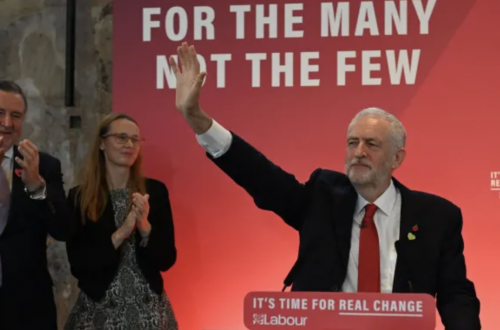This is a cross post by Maajid Nawaz, co-founder and executive director of Quilliam. It appears in The Times
You may have looked on in pleasant surprise as the Arab youth of Tunisia spontaneously rose up to remove their ruler of 23 years, President Ben Ali. Not many of us know much about Tunisia. But now the flames of democratic revolution have spread to Egypt, we are really paying attention. Egypt is where we go on holiday; we study Egyptian history at school. And Egypt is now ablaze.
For me there is more to it. Having served five years in Egypt as an Amnesty International-adopted prisoner of conscience, and survived the infamous Egyptian state torture, for me it’s personal.
During my youth I belonged to Hizb ut-Tahrir, an extreme yet non-violent Islamist organisation calling for the creation of a global Islamist superstate. In my zeal, before the 9/11 attacks, I had tried to revive this group in Egypt. I have long since left Hizb ut-Tahrir and now work for democratic revival in Muslim-majority countries, but I am still barred from going back to Egypt. Unless regime change comes, I am unlikely to be able to return to meet those of my friends who are spearheading this revolution.
Every revolt requires a spark, but Egypt’s flint was slightly damp. It took the uprising in Tunisia to convince young Egyptians that they could shake the throne of their “elected” President.
They already had a symbolic figurehead. The most popular Facebook group co-ordinating this uprising was set up in the name of Khalid Said, one of the many young men tortured to death by Egypt’s brutal state police.
I’ve been dragged through the dungeons of Egypt’s underground state security headquarters myself. The infamous al-Gihaz sits in the middle of Cairo and inspires fear in all who walk past. Anyone taken into al-Gihaz is immediately blindfolded, numbered and then has to listen as colleagues are tortured, one by one, in chronological order. My number was 42. The detainee is stripped, and then electricity is applied to the teeth, genitalia and other sensitive areas.
During my time there, wives were tortured to force husbands to confess, and children as young as 15 to force parents to confess.
Every revolt requires agitators. Using social networking as well as “resistance tactics”, the April 6 Youth movement has galvanised the young into action. This group is led by my friend Ahmed Salah. Until yesterday, Ahmed had been detained, but friends say that he has been released — this time only with a broken nose. As I write, he is probably back on the streets, taking part in demonstrations, though internet disruption will have made this more difficult.
Every uprising also needs leaders. The leftist and popular Ahmed Saif, my lawyer during my trial, is at the forefront of the Egyptian Kifaya, or “enough is enough” movement. The former presidential challenger, Ayman Nour, of the Tomorrow Party, is also a popular symbol of hope. For years Western foreign policy wonks have scared advocates for change in Egypt by arguing that it can only come about through Islamists. This in turn has bolstered defenders of the status quo. My brave democratic friends in Egypt are now showing the world that there is a third way, and that Muslims too can fight for democracy. With or without our support, sooner or later, change will come.


